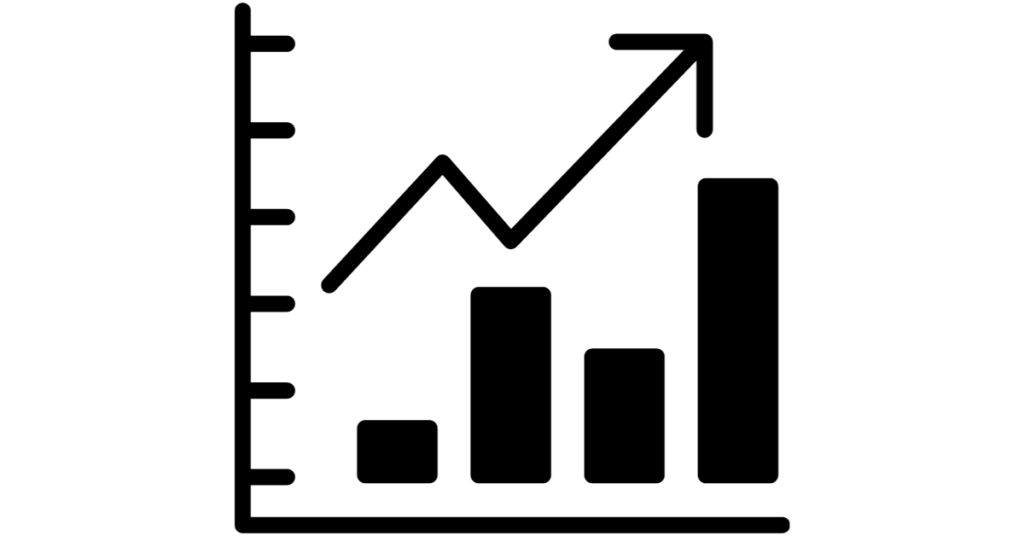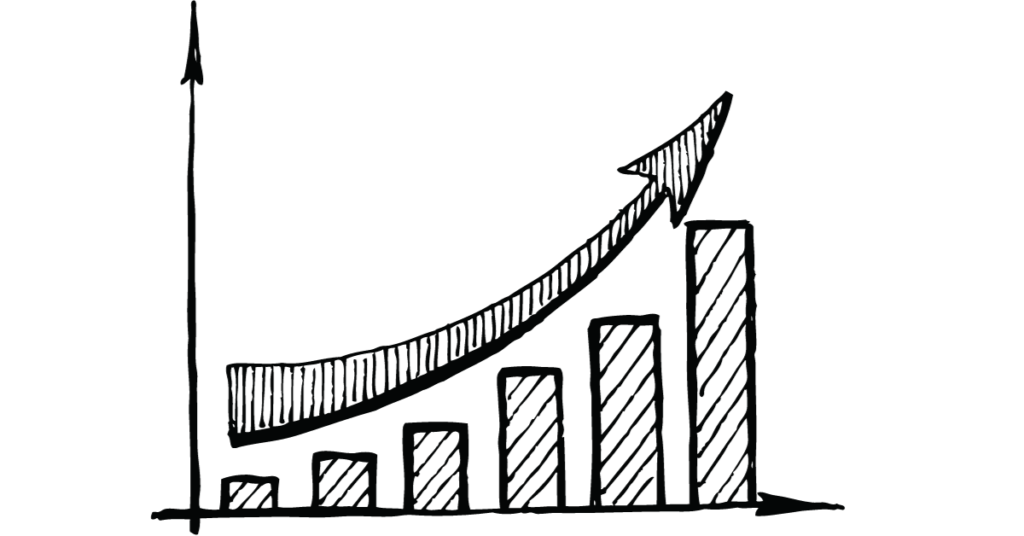The month of September Sees a 3.7% Surge in Consumer Prices in the United States compared to the corresponding period last year. This mirrors the surge observed in August and slightly surpasses the anticipated 3.6%, as projected by economists.
The statistical revelation, unveiled by the Bureau of Labor Statistics on Thursday, indicates the enduring presence of inflationary forces within the United States. To counter this, there is a prevailing expectation that the Federal Reserve will persist in its trajectory of elevating interest rates with the aim of curbing inflation.

Diving into specifics, the food index registered a 3.7% escalation over the past year, with a 0.4% uptick in food prices from August to September. Meanwhile, the energy index displayed a 1.5% monthly increase and a noteworthy 41.1% surge over the last year. The housing index witnessed a 0.6% monthly rise and a substantial 7.0% climb over the past year.
The core inflation rate, excluding food and energy prices, witnessed a 0.3% increase in September, reaching a 4.1% surge over the last year. This figure marks the most elevated reading for core inflation since December 1991.
For consumers, grappling with a high inflation rate translates to a persistent rise in the cost of living, particularly burdensome for households with limited incomes.

To counteract the impact of inflation, consumers are advised to consider:
Vigilantly seeking the best prices through comparison shopping.
Opting for bulk purchases.
Leveraging coupons and discounts.
Trimming unnecessary expenses.
It’s crucial for consumers to recognize that the Federal Reserve’s endeavors to elevate interest rates may result in increased borrowing costs, encompassing higher mortgage rates and credit card interest rates.
Predicting when inflation will be reined in remains a challenge. While the Federal Reserve is anticipated to persist in its interest rate hikes, the timeframe for these measures to exert an impact on inflation remains uncertain. External factors, including the conflict in Ukraine and disruptions in the supply chain, may further contribute to inflationary pressures.
Consumers should brace themselves for the possibility of a prolonged period of elevated inflation.
Strategies for Navigating Inflation and Preserving Your Finances:
Develop and adhere to a budget while closely monitoring expenditures.
Prioritize debt reduction to alleviate the financial burden.
Invest judiciously, recognizing and mitigating associated risks.
Embrace a lifestyle that aligns with spending less than what is earned.
In Conclusion:
Don’t missed it
Uncover Secrets: US-Qatar Pact Holds $6B from Iran!
Inflation emerges as a formidable challenge with potential adverse effects on consumers. Nonetheless, proactive measures, as outlined, can assist consumers in mitigating the impact of inflation and prolonging the endurance of their financial resources.

